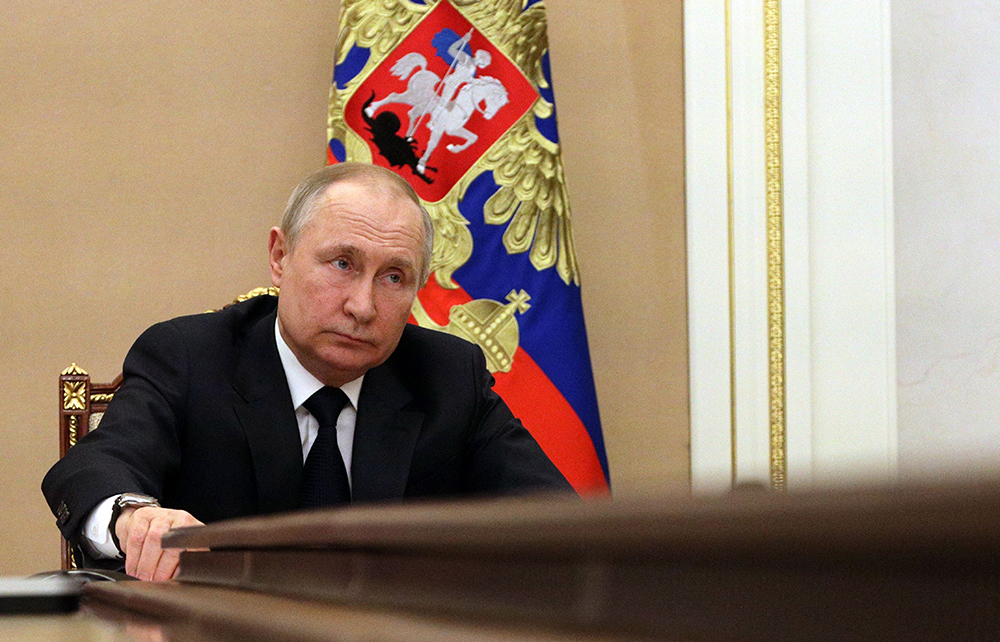As Vladimir Putin’s war grinds on, how does one make the case for peace? Around ad 100, the ancient Greek orator Dio Chrysostom (‘golden-mouthed’), persuaded the citizens of Nicomedia in the Graeco-Roman province of Bithynia (N. Turkey) to make peace with their bitter local rival Nicaea.
His central theme was praise of harmony. While discord splits marriages and households, and war brings death and destruction alike to young and old, harmony lies at the heart of ‘friendship, reconciliation and kinship’. It enables us, he said, to trade freely with Nicaea, with whom we exchange embassies, and enjoy marriage and ties of personal friendship. Unified, we double our strength and increase our standing and joint interests in the region, showing that we have the welfare of all Bithynia at heart. If we wish for supremacy, it is better to be supreme in thoughtfulness, fairness and moderation than in violence, which stirs up only hatred. Is there not much to be said for brothers who share rather than divide a patrimony? And if this spirit of brotherhood is achieved, will it not bring even greater blessings and riches? Do not our joint ancestry and personal ties of blood and friendship all point in that direction?
Now mark what Putin himself says in his essay on the relationship between Ukraine and Russia: ‘Our spiritual, human and civilisational ties formed for centuries … our kinship has been transmitted from generation to generation … in the hearts and the memory of people … [and] the blood ties that unite millions of our families. Together we have always been and will be many times stronger and more successful. For we are one people …Ukraine must decide what it wants.’ Last week he expressed his ‘brotherly feelings’ for it.
If that is not a case for peace, what is it? Historical drivel is the answer, designed not (like Dio’s) to prevent war but to justify it, by ‘proving’ that Ukraine is and always has been Russian. If it disagrees, war and the murder, rape and looting so dear to Putin will lead it back into joyous reunion. Right?






Comments